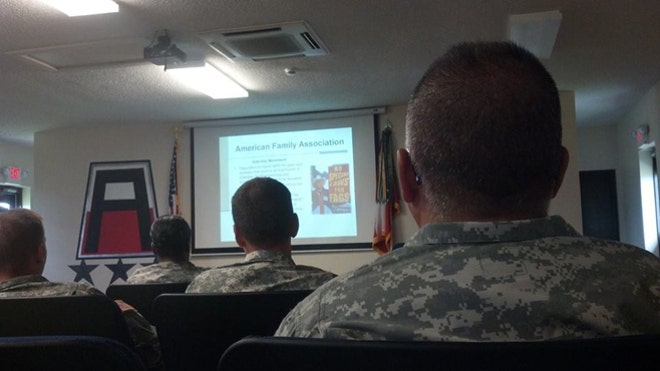I once heard it said that, if you really want to know someone, you've got to know where they came from and where they're headed. The only thing that could probably be added to that is the present. Along with the past and future, you've got to know someone's here and now, to meet them in their present life circumstances. To really enter into relationship, in particular the type of caritas or agape relationship that God calls us to, and that we are called to seek out in each other, there has to be a genuine interest in the heart, in seeking out what influences push and pull it, and a willingness to enter into the broken and ugly pieces that we all carry around with us.
This is one way I've been led to approach the the question, "Who is Christ? Who is this man that we claim worship as God?" We could spend an eternity exploring and reflecting on the person of the God-man, of mystery of Emmanuel (God with us) and, by his grace, one day we will...for eternity. After all, isn't that what heaven is about? Isn't it about being immersed in the power of divine relationship, of perfect love incarnate, and of the unlimited truth, goodness, and beauty that we only catch fleeting and limited glimpses of during our walk in this valley of tears? Isn't it living with full consciouness and perfect knowledge of the One who not only created us, but who loved us with such self-abandon that he lowered himself to give up his life, choosing mercy beyond justice so as not to leave us in the squalor and suffering of our sin? If not I'm not sure that I would want any other idea of heaven, or any other God, at least for eternity.
As for there here and now, I'll narrow it to the question of the Who of The Five W's: the person of Christ as One who came to enter into relationship with us and literally save us from ourselves, in the past, present, and future. He took on a human identity without giving up his divinity so that we might know that, despite our frail humanity, we are no longer bound by the pain of our past, by our present circumstances, or by the future that we so often look into with both hope and fear because we are so powerless to control it. By entering into our humanity, he literally bent time, condescending (lowering himself) to at once dwell with us as the fulfillment of the hope of our ancestors in faith, as leader and our constant companion on our life's journey, and to raise us to the intended dignity and show us the glorious destiny he has won for us and destined us for by his passion, death, and resurrection.
 Past
PastIn the December 16th reflection of Watch for the Light: Readings for Advent and Christmas, entitled Genealogy and Grace, Gail Godwin offers a reflection on Matthew's purpose in beginning his Gospel by recounting the genealogy of Christ (Matthew 1:1-17), and particularly his inclusion of people who were "...not necessarily the noblest or most deserving person[s] to carry out divine purposes."
For reasons unknown to us, God may select the Judahs who sell their brothers into slavery, the Jacobs who cheat their way to first place, the Davids who steal wives and murder rivals - but also compose profound and beautiful psalms of praise.
And what about the five women Matthew choses to include? Not a mention of Sarah or Rebekah or Rachel, the upstanding patriarchal wives of Israel. Instead Tamar, a Cananite, who disguised herself as a prostitute and seduced her father-in-law Judah to get a son out of him. And Rahab, another Cananite and a real prostitute this time. And Ruth the Moabite, another outsider. And Bathsheba, mother of Solomon, is named only as the wife of Uriah, whom King David had killed so he could marry her himself. Every one of these women used as God's instrument had scandal or aspersion attached to her-as does the fifth and final woman named in the genealogy: Mary, the mother of Jesus, with her unconventional pregnancy.
And that is where we are arrive at Christmas. Light has pierced the darkness. God with us has come into the world, to take the burden of our fallen and broken state onto himself, beginning with the past, because only he as God is strong enough and wise enough to rid us of it once and for all.
+AMDG+


